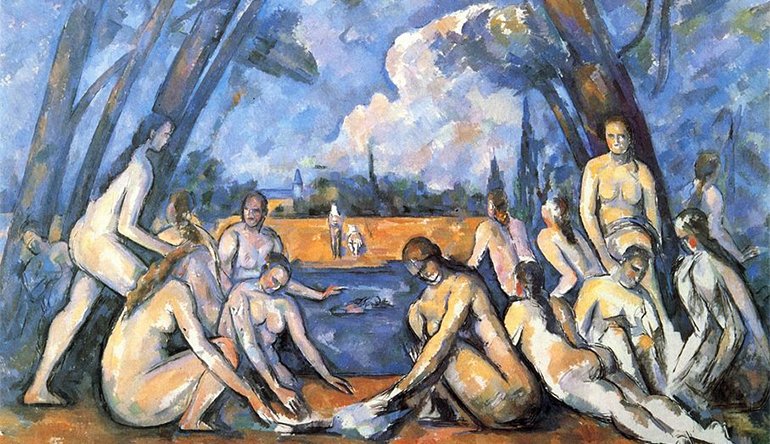Female Eroticism in The Wallcreeper and The Argonauts

In her slim debut novel The Wallcreeper, Zink wanders the land of metaphor in regards to anal sex—a land rife with suffering. Within the first ten pages, vertical kitchen sex swiftly becomes something else, the narrator’s husband’s “awkward hands” morphing into “the flames around Joan of Arc at the stake.” Zink’s narrator Tiffany likens anal sex to martyrdom and herself to St. Laurence being flipped over on a hot gridiron once vaginal sex feels worn out. “Turn me over! I’m done on this side!” Tiffany opines.
Depeche Mode’s broody “Martyr” comes to mind with its imagery surrounding flames and torture. Late in the song, Dave Gahan croons, “I knew that I would have to suffer in vain/Aware that I would never outgrow the pain.” Insertion of the penis undoes all “metaphoric auto-da-fé,” becoming a “one-to-one description of taking a dump,” an action marked by pain—occasionally relief—but rarely ever pleasure.
Stripped of metaphor, anal sex isn’t pretty and strikes the reader as unappealing, grotesque even. Perhaps what Zink implies here is that anal sex and metaphor can’t coexist. Anal sex prompts the need for even more imagination than a metaphor can offer, for a figurative move beyond what everyone else seems so hung up on. After the act, Tiffany thinks to herself, “Can I get more orifices?”
The one behind her back, the one impossible for her to see, is small though not insignificant. Anal sex is shedding its gimmick of late. It’s the third orifice. It’s bound to be addressed at some point in time by most couples, often by the man (if there’s one in the mix). A little further into the novel, Tiffany’s lover Elvis says, “I want to buttfuck you.”
You can almost see Tiffany’s eyes roll—a female gaze may actually toss aside—with the words: “What is it with guys? …You’re all obsessed.” Tiffany goes on to tell him: “There’s suffering, and then there’s boring stuff, and then there’s stuff that’s just plain stupid.”
In The Argonauts Maggie Nelson admits to a deep interest in how it feels—quite literally so: “I am interested in the fact that the human anus is one of the most innervated parts of the body…” Nelson writes of this body part in the same breath as the clitoris, as two things more similar than different. Riffing on Susan Sontag’s famous “erotics of art” call to action in her essay “Against Interpretation,” Nelson, much like Zink, dismisses an “erotics, or a metaphorics, of my anus.”
Nelson points out that even Toni Bentley, the “go-to girl for anal sex” cannot approach the topic without “obscuring it via metaphor…” There’s a need for a discourse, a more direct language, around anal eroticism. This ties into one of the main themes of Nelson’s book: “Words are good enough.” If only you can find the right ones to use.
The ones Nelson finds the first time she and her partner Harry try anal are “I love you.” She writes of her “face smashed against the cement floor.” That an animalistic, often maligned sex act would spur such a tender utterance is paradoxical and prompts a reconsideration of anal sex within the context of romantic love and vice versa.
Anal sex is polarizing. It’s difficult. As its shared language evolves, what’s perhaps most fascinating is how a single woman’s anal eroticism may inevitably shift over time and how writers will explore these nuances.

